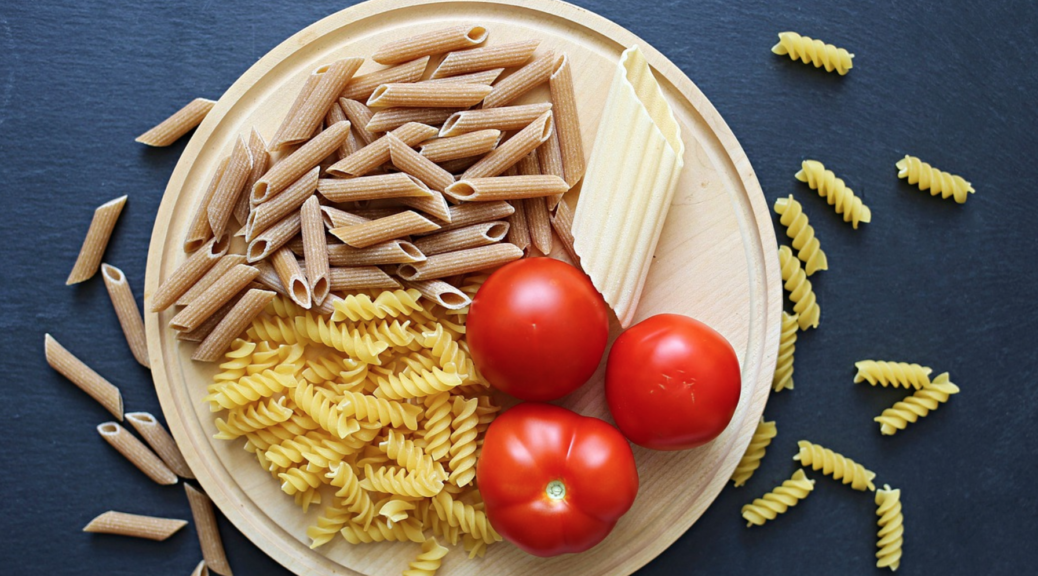
5 meals that increase your milk supply
Let’s see below the 5 meals that can increase your milk supply:
- The pasta with pesto that your husband prepares
- Your grandmother’s famous stew prepared by herself or another family member
- Your mother-in-law’s grilled vegetable feast
- Barbequed fish, grilled by your father
- The hot chocolate from your favorite coffee shop around the corner
Surely, this surprises you, and yes, we could have put any food or drink in the list above. Surely, you wouldn’t believe that any of these meals can increase your milk supply, and in fact, science proves you right because there is not the remotest scientific evidence that any of these foods increase breastmilk production.
Then why would you believe that there may be other foods that can increase your milk supply?
Every culture has its own galactagogue* foods that are believed to have the power to increase breast milk supply. From broths to sardines, from blue fly larvae to ginger, all the way through to specific foods or plants such as oats, corn, fenugreek, cow’s milk, horchata, almonds, water (a lot of it), sesame, beer, fennel, anise… and we could go on and on forever.
There is no scientific evidence that any of these foods increase breast milk supply. Many times, when there seem to be, or there are real problems with milk supply, we can fall into the trap of focusing more on these foods than looking for the root causes of the problem.
First of all, ask yourself, do you really need more breast milk? If your baby is gaining weight well for their age, your baby does not need more breast milk. All mothers believe at some point that they have run out of milk or that they have too little, or that the baby is hungry, and this is because we have been taught the wrong message: if a baby does not last three hours, then they might go hungry if a baby cries they are hungry if they ask for too much in an afternoon then they are hungry, if a baby wakes up at night it must be because the baby is hungry. But this is all a problem of expectations, what we expect from a baby compared to what they actually do.
If there is a real problem of hypogalactia** we should focus on looking for the causes. When a baby is not gaining weight, there are three main reasons to think about:
- The baby is sick: any infection that may go unnoticed can affect the baby’s weight gain.
- Poor milk transfer: this means the baby is suckling in a bad position or has a poor latch, and this makes it difficult for the baby to remove milk from the breast.
- There is a real problem with breast milk supply: some maternal pathologies and breast structures can make it impossible to achieve exclusive breastfeeding.
If your baby does not gain weight appropriately and you want to continue with breastfeeding, find help, for example, from an IBCLC lactation consultant. But do not think about what you can eat, but who can help you.
Galactagogues* → Said of foods, plants, or beverages that are believed to have the ability to increase milk production. Only certain medications can, in certain situations, significantly increase milk production.
Hypogalactia** → Hypogalactia refers to insufficient breast milk production that prevents or makes it difficult to maintain exclusive breastfeeding.
Other articles you may be interested in: